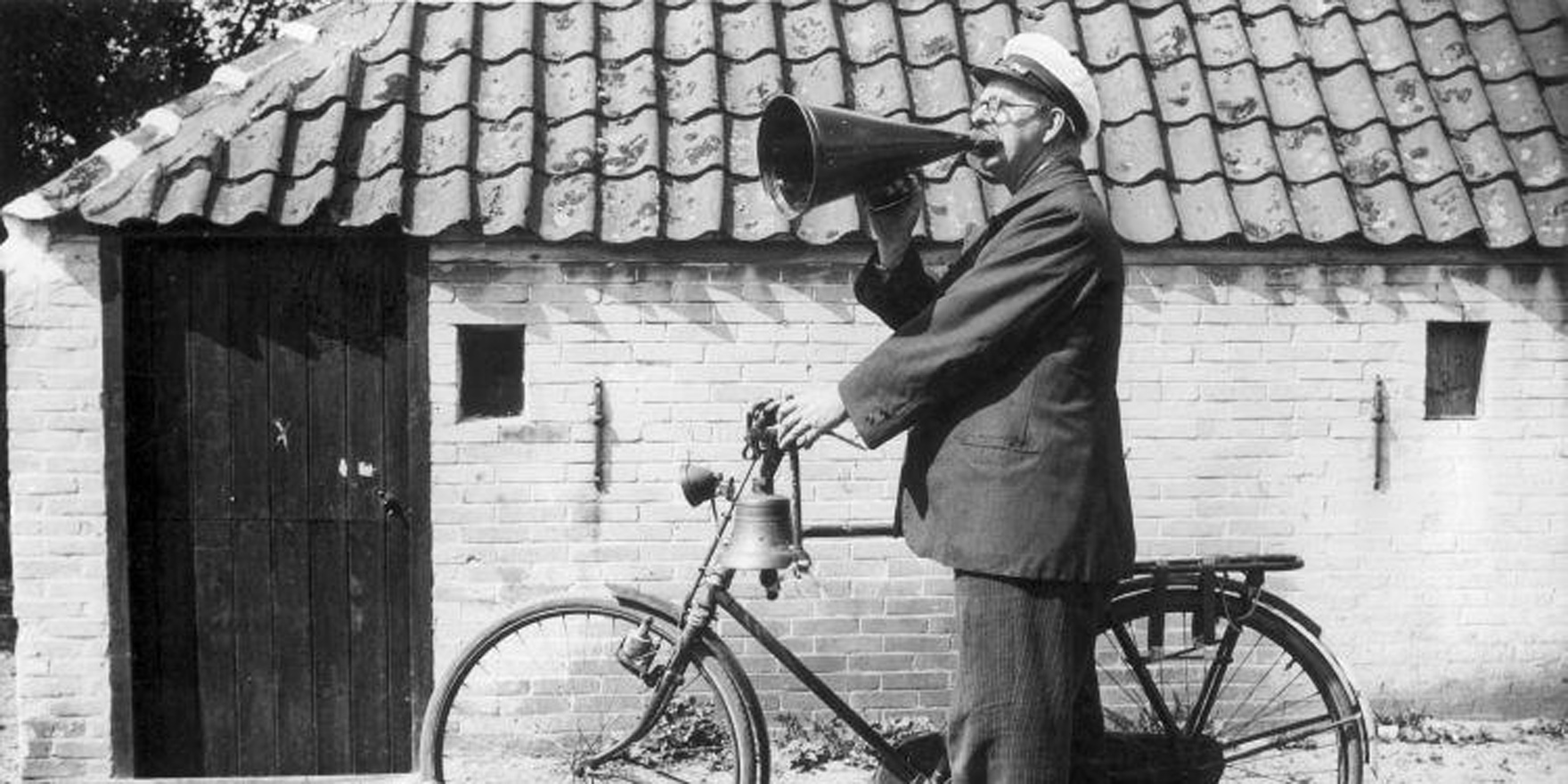College members only have until June 30 to submit proposals for Convocation at this year's AGM
Fresh concerns are being raised about the RACGP’s democratic machinery, with some members alarmed to find they must meet a deadline this week to submit items for discussion at the next AGM, four months away.
To have a matter considered for discussion at a convocation session to follow the annual general meeting in late October, members must put forward their proposal by June 30 via the RACGP’s ShareGP website.
Dr Diana O’Halloran, a Sydney GP and academic, told The Medical Republic any tendency by the College to reduce members’ access to Convocation should be resisted.
“While the College has many means of communication with members (from faculty networks through to member forums on specific subjects to ShareGP), Convocation remains the only forum at which members can put issues of concern directly to both Council and attending members for consideration,” Dr O’Halloran said.
“While the Council is not bound by Convocation resolutions, it is obliged to consider and report on its subsequent actions/inaction.”
Dr O’Halloran was troubled by the timeframe and the required method of submission. She said ShareGP was, to this point in time, a little-used platform and an unfamiliar format.
“Why not allow both the longstanding and ShareGP routes, at least for this first year? Whether there will be electronic access of some kind (at Convocation) is unknown at this time.”
She also questioned why the submission period appeared to be limited to a “mere 3.5 weeks” in June, when GP17, to be held in Sydney, would not take place until the end of October.
The allotted time of an hour and a half for both the AGM and Convocation at the end of the day before a major social event was “clearly inadequate,” she said. “Why not just start earlier?”
Dr Oliver Frank, who submitted a proposal for Convocation last year, said the process was slow and needed to be made more representative.
Under the procedure, members would submit ideas to Council, Council would consider them and decide which ones, if any, it would allow to be put forward, he said.
“None of the other members knew whose proposals were rejected – it was all a secret process,” the South Australian GP said.
“Last year, by the time we got to have Convocation at the AGM, by my estimate, I think there were only about 100 members there – out of 33,000 (membership). So we can’t say the people there were terribly representative of the membership at large.
“My theory is that when the College started in the 1950s it had a few dozen, then a few hundred members, and a much bigger proportion of them probably got together once a year and had a meeting, and so more of the membership was there.
“You had a chance once a year.”
Dr Frank said he believed strongly that members should be able to bring their views to the Council, but the Convocation process seemed a relic of a bygone age.
“Amazingly, at each Convocation, Council replies to the membership about what was done about the last Convocation a year earlier,” he told TMR.
“This time scale is like the old sailing ships; the mail came from England once a year.”
Asked if the submission period for Convocation items had been reduced, the RACGP said it had not.
“The 2017 Convocation process is being conducted in shareGP which allows greater access for members to participate,” Council Chair Dr Tim Koh said.
“There has been no change to the timelines.”


